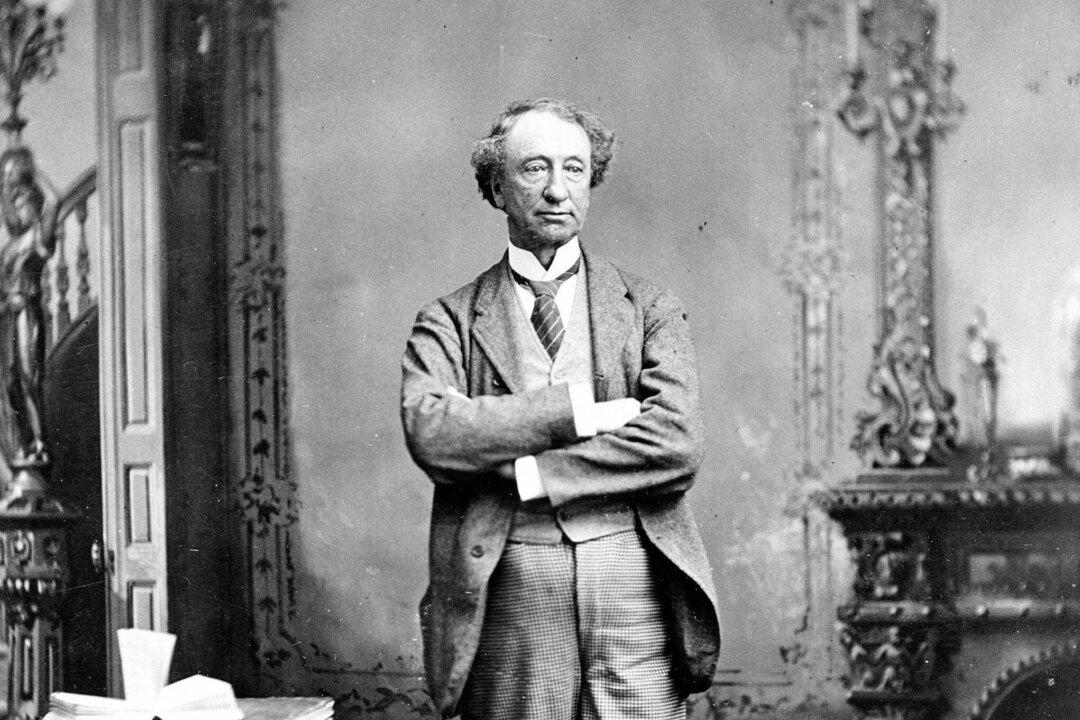A proposed police reform bill in British Columbia would amend the definition of police misconduct to include discriminatory jokes and gestures.
The new legislation proposes to amend the existing Police Act and to reform police governance, police oversight, misconduct investigations, and discipline of officers as well as update regulations on police uniforms. It would also rename police forces as police services.





